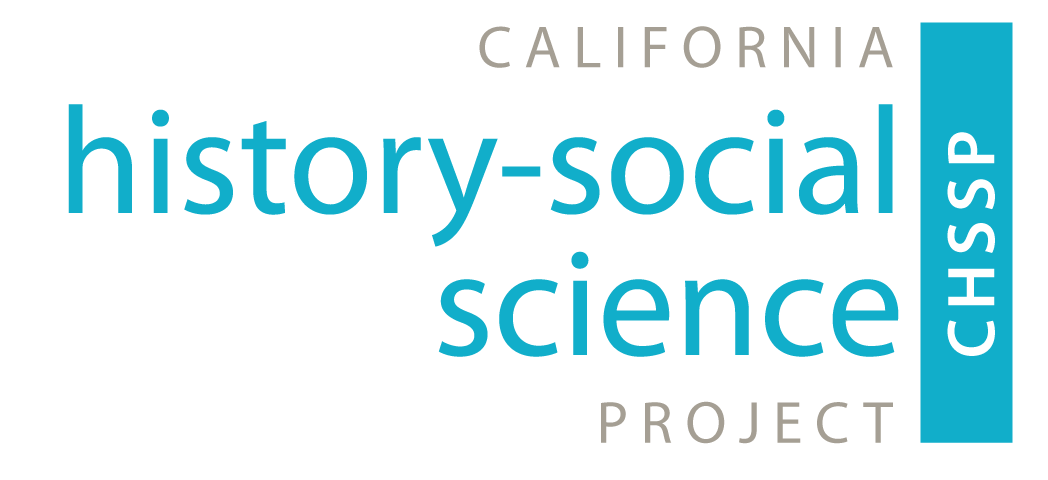
Civic Education: Our Democratic Responsibility
“…a government resting upon popular suffrage cannot be successful unless those who elect and who obey their governors are educated. Since a democratic society repudiates the principle of external authority, it must find a substitute in voluntary disposition and interest; these can only be created by education. But […a] democracy is more than a form of government; it is primarily a mode of associated living, of conjoint communicated experience.” -- John Dewey (1916)
Late last month, Cook v. Raimondo, a class-action lawsuit, was filed in federal court accusing the state of Rhode Island with preventing people from exercising their constitutional rights because the state’s educational system failed to prepare their neediest students to assume their responsibilities as citizens. The complaint argues that the state, “… failed to provide …an education that is adequate to prepare [students] to function productively as civic participants capable of voting, serving on a jury, understanding economic, social and political systems sufficiently to make informed choices, and to participate effectively in civic activities.” The plaintiff’s lead counsel, Michael Rebell, is an education-law professor at Columbia University’s Teacher College. Rebell argues that Rhode Island, and by extension, other states that fail to offer substantive civic educational opportunities consistently, contributes to our country’s lack of civil discourse, tribalism, and falling support for our democratic institutions. As the complaint explains, “Preparing students to be capable citizens is of heightened importance today as many of our democratic institutions are being challenged and compromised, in large part because of wide-spread ignorance of their importance and of the public support that is necessary to maintain them. In this climate, schools serve a vital function; they remain one of the few places in our highly polarized society where people from diverse political, economic and cultural backgrounds can come together in a setting where rational discussion and understanding of differing views can be prized and rewarded.”
California is not Rhode Island, but many of our state’s schools, especially those serving our more impoverished communities, also fail to prepare their students to assume their civic responsibilities. Many schools still limit student access to civics, history, and other social studies courses by narrowing the curriculum, spending the majority of the school day on English / Language Arts, mathematics, and to a lesser degree, science. Under previous federal and state accountability systems, California schools had little incentive to prioritize history and the related social sciences, including civics. Schools marginalized civics-related content in the master schedule, spent little if anything, on teacher training, and rarely invested in quality instructional materials. Limiting the amount of time and support for classes in history, government, and civics limits what research has shown to be one of the primary levers for improving student understanding of how our government works, the skills students will need to participate, and their interest in doing things like voting or serving on a jury.
And it wasn’t until the 2016 election that anyone seemed to care. With that election and just four months after the adoption of California’s History-Social Science Framework, the conversation started to shift. All of a sudden, people from all walks of life were beginning to ask important questions: Are young people registered to vote? Are they knowledgeable and able to think critically about the issues on the ballot? Are students taught how to talk with others in a civil manner? Do they understand their responsibilities as a citizen?
In 1862, President Abraham Lincoln signed the Morrill Act, named after the legislation’s sponsor, Vermont Congressman Justin Morrill. The Morrill Act provided each state with 30,000 acres of federal land for each member of their Congressional delegation, to be used to, “…provide Colleges for the Benefit of Agriculture and the Mechanic Arts.” Funds from the sale of the land, acreage left over from the development of the Transcontinental Railway, were used here in California to establish the first University of California campus, at Berkeley. Follow up legislation established agricultural experiment stations, the University farm at Davis, and eventually, the expanded UC system. The Morrill Act’s focus on agriculture and the “mechanic arts” reflected the cutting edge fields of the day; as the UC system grew, the disciplines taught at the universities grew and diversified.
Five of the six CHSSP offices, as well as our statewide office, are located on University of California campuses. As such, we embrace the land-grant mission of teaching, research, and service for the greater public good. Preparing our state’s future citizens to assume both their rights and responsibilities seems to fall clearly within that mandate and we look forward to working with K-12 schools, with other branches of government, with community organizations, and individual teachers and students to develop and share resources, support collaboration between schools and community organizations, and provide ongoing support for teachers and administrators. We agree with John Dewey – our democracy is more than a form of government; it requires an educated citizenry willing and able to work together for the common good.
